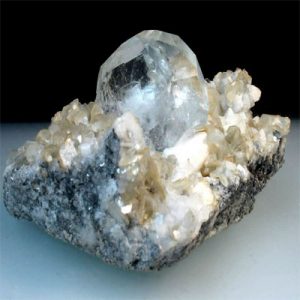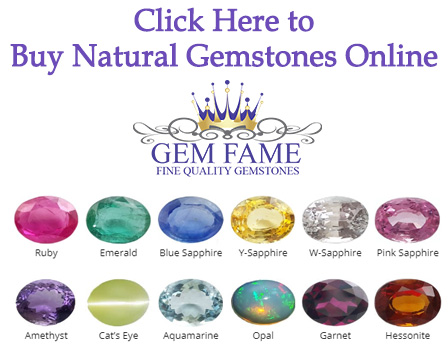Goshenite (Beryl)
Goshenite is the colorless variety of the Beryl family members of minerals that includes Aquamarine (blue), Bixbite (red), Emerald (green), Goshenite (colorless), Heliodor (yellow), Morganite (pink) and recently, Pezzottaite (pinkish red). Goshenite is generally thought to be Beryl that is pure and colored by impurities. But this may possibly not be true. Goshenite may include some impurity elements that inhibit color in Beryl. Goshenite is generally found in pretty much all Beryl localities.
Goshenite was once used for the producing of eyeglasses, as a result of its glorious transparency. Goshenite is additionally thought of a wonderful supply of beryllium. Goshenite, like all mineral, has wonderful hardness, sturdiness and toughness. it’s terribly proof against corrosive materials, however, goshenite is taken into account to be quite brittle and sensitive to pressure.
Goshenite is usually untreated, in the main as a result of it’s comparatively available and reasonable. Despite its abundance, fine quality and premium-sized goshenite specimens will fetch terribly high costs. Goshenite is usually treated to supply bright and vivid colours through irradiation treatment, however, this treatment should be disclosed by honourable gem dealers. Some goshenite is color and dispersion-enhanced through the employment of silver and alternative coloured foil lining.
Goshenite is discovered in lots of places around the global world but gem quality crystals aren’t that common. Some locations that are notable gem quality crystals are Minas Gerais, Southeast Region, Brazil; Hunan, Sichuan and Yunnan Provinces, China; Mogok, Sagaing District, Mandalay Division, Myanmar (Burma); Erongo Mountain, Usakos and Omaruru Districts, Erongo Region, Namibia; Gilgit, Gilgit District, Northern Areas, Pakistan; and Greenwood, Oxford County, Maine, USA.
| Chemical Formula: | AI2Be3SI6O18 |
| Crystallography: | Hexagonal – Dihexagonal Dipyramidal |
| Crystal Habit: | Beryl: Crystals prismatic in tabular, may be complexly terminated by pyramids, to 18 m and 180 t. Also radial, columnar; granular to compact. |
| Twinning: | Rarely |
| Cleavage: | [0001] Imperfect/Fair |
| Fracture: | Conchoidal to Uneven |
| Tenacity: | Brittle |
| Hardness (Mohs): | 7.5 – 8.0 |
| Density: | 2.60 – 2.90 (g/cm3) |
| Luminescence: | None |
| Radioactivity: | Not Radioactive |
| Color: | Colorless |
| Transparency: | Transparent, Translucent |
| Luster: | Vitreous |
| Refractive Index: | 1.562 – 1.602 Uniaxial ( – ) |
| Birefringence: | 0.004 – 0.008 |
| Dispersion: | Weak; 0.014 |
| Pleochroism: | None |


